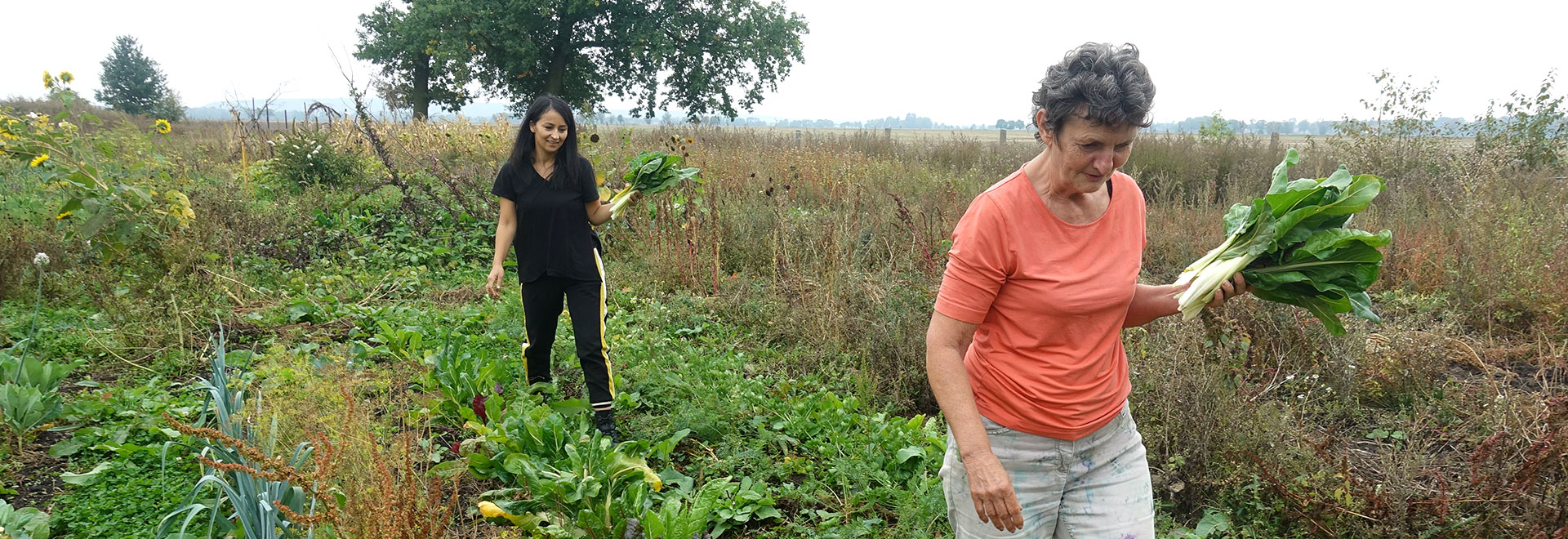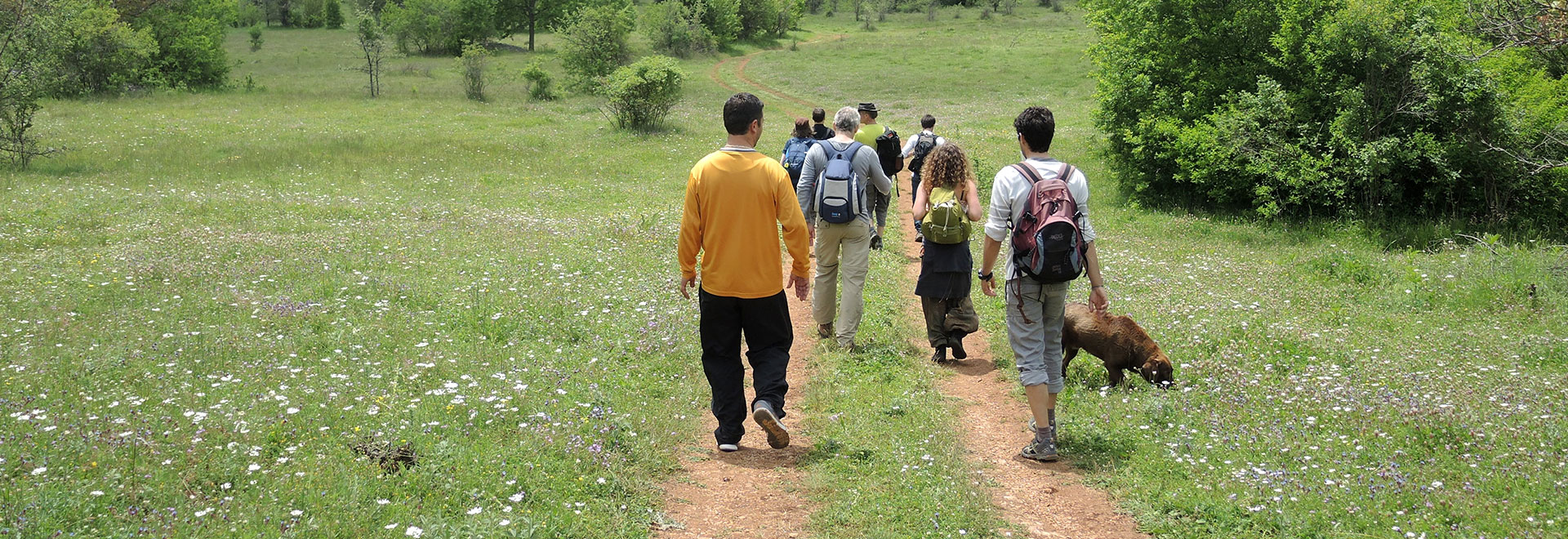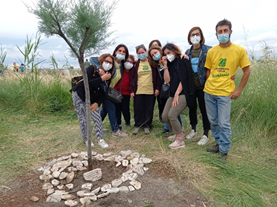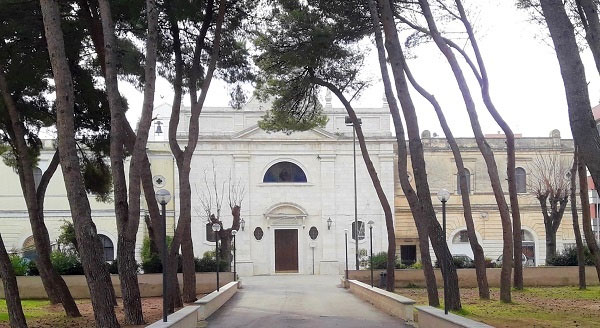UnaVision Italy
UnaVision Italy is supported by Legambiente Trani, which is a part of the National network of Legambiente, an Italian environmental non-profit organization founded in 1980 with 20 regional coordination offices and more than 600 local groups of volunteers.
Legambiente as a pacifistic independent movement is operating towards a scientific environmentalism:
- to build policies and to advocate changes towards local, national and international stakeholders and institutions,
- to engage communities, stakeholders and people and enable them to be the leading actors of change,
- to drive the economy towards new models of green and circular economy,
- to improve the quality of life for everyone (environmentally and socially) …
In the city of Trani (Apulia Region- South Italy), thanks to the "shared goods" regulation, Legambiente has the availability of a municipal property between the suburbs and the historic center. This space becomes an open place to spread the UnaVision conception.
The "social innovation hub" is a place with some green areas, a social gathering center here will include an eco-social-hostel and a cultural center with permanent residents (from 3 up to 15). A starting point to empowering, even at regional level, communities for a sustainable and resilient working and to an ecological, economical, social and digital transformation. Among social and multicultural interaction, social entrepreneurships, synergic and permaculture social gardens, food production and a "social restaurant", learning facilities, health services, circular economies, ecotourism and a green way the local communities is involved in cross-cultural, cross-generational, cross-sectoral opportunities. Starting as a Social Hub through concrete project the volunteers, want operate a real and perceived path of revitalization of public places to be returned to a community involved first in cleaning and regeneration activities, and then in a socialization process that will destine rural and urban places, where everybody can free express their creativity, and be involved in playful activities, able to freely socialize.
Watch this film on Youtube: https://youtu.be/9t_8mM66TCs
The project idea aims to target the need to recover an area from the Historic center to the coast to return to collectivity making it an example for collective activity. The project idea aspires to become an example of replicable and scalable best practice, through the positive commitment of volunteers and the involvement of citizens all committed to co-designe a "social green way". A concrete target is "give back" the urban roads and some rural areas to the community to configure a path that starting from the historic center and the urban periphery, through the methodology of social co-planning, structure an itinerary capable of responding to the need, of use collective spaces and reinventing aggregative and free expression, belonging, improve the quality of life and offer an alternative to the lack of prospects, especially for young people.
Disables, minors at risk of criminality, NEETs, migrants and residents in the multi-ethnic neighborhood, become at same time beneficiaries and protagonists of the project initiatives involved by a peer to peer methodology as active citizenship. Social garden, live performances combined with the potential of a web radio social media communication, make rediscovering the pleasure of being on the open spaces, of relating with others, of experiencing the city, of observing it, of admiring it and contribute to its positive change.
From the cultural center (social innovation hub) where some volunteers are engaged in social farming and artistic activities will be generated a "Trani Social Street" materially immersed in a multicultural context (Catholic, Orthodox, Muslim and Jewish), generating also opportunities for multi-ethnic meeting and exchange, giving young people, children and residents "a road" where they can express their creativity. The motivations and importance of the activity can be found also in the prospective to reconstitute a reciprocity of relationship between inhabitants and inhabited areas by redesigning and revitalizing urban, rural and social voids through participation from below, which again gives a sense of identity and citizenship and stimulates supportive, inclusive, mutualistic interventions and environmental sustainability. "Trani Social Street" become a concrete urban-rural itinerary of active citizenship able to substantiate a local process of regeneration and social creativity stimulating and substantiating sustainable models of social development, focus the place, people and community relationship. Streets, gardens and squarer currently not lived or degraded are redeveloped for new use as spaces of social agriculture and artistic expression even for local artists or social aggregation, "rediscovered" as place of aggregation and expression for all citizens, including young people and children, able to practice all forms of art (visual arts, theatrical, sports, circenses, drama, permanent art installations etc.).
https://www.legambiente.it/english-page/
Contact: Pierluigi Colangelo
legambientetrani@gmail.com 00393476214370








